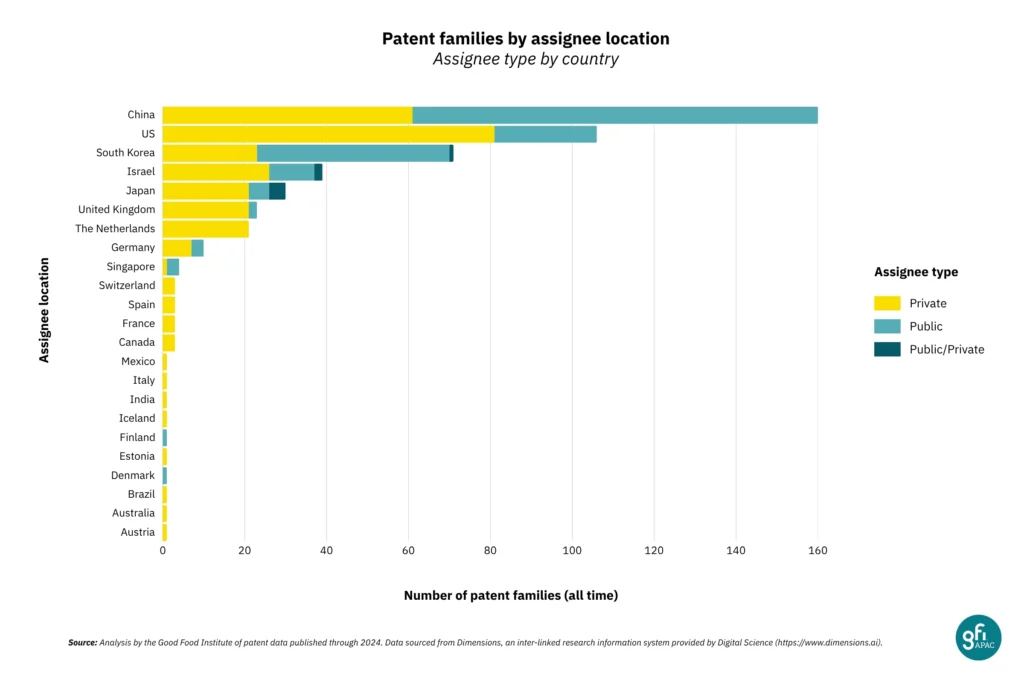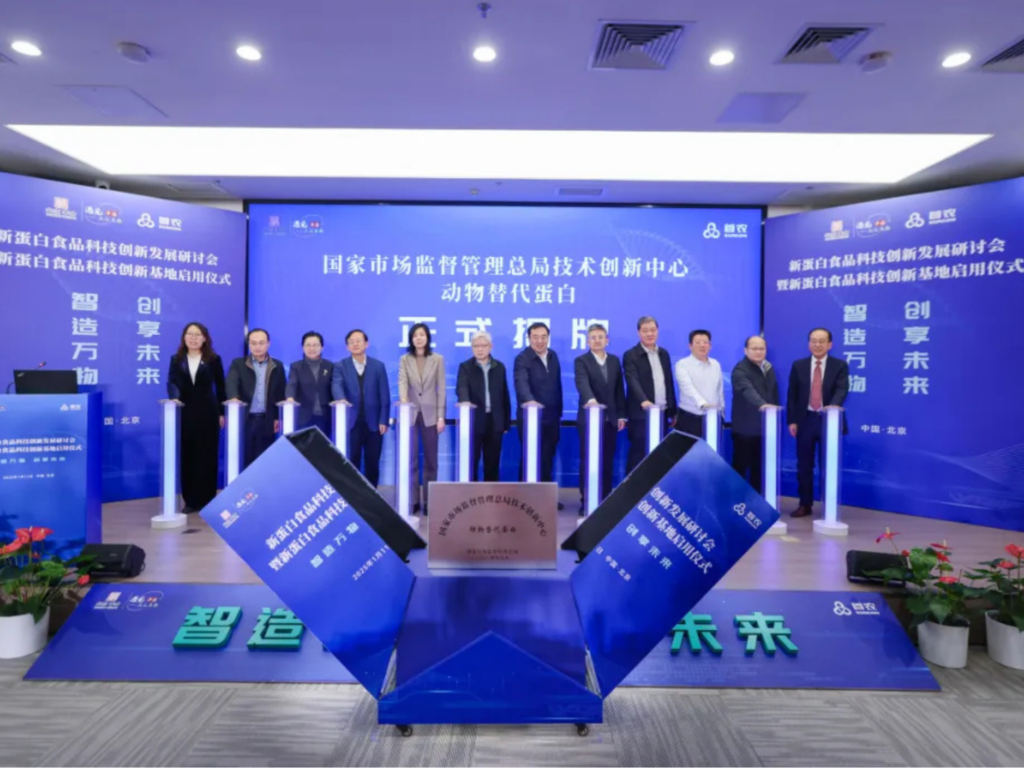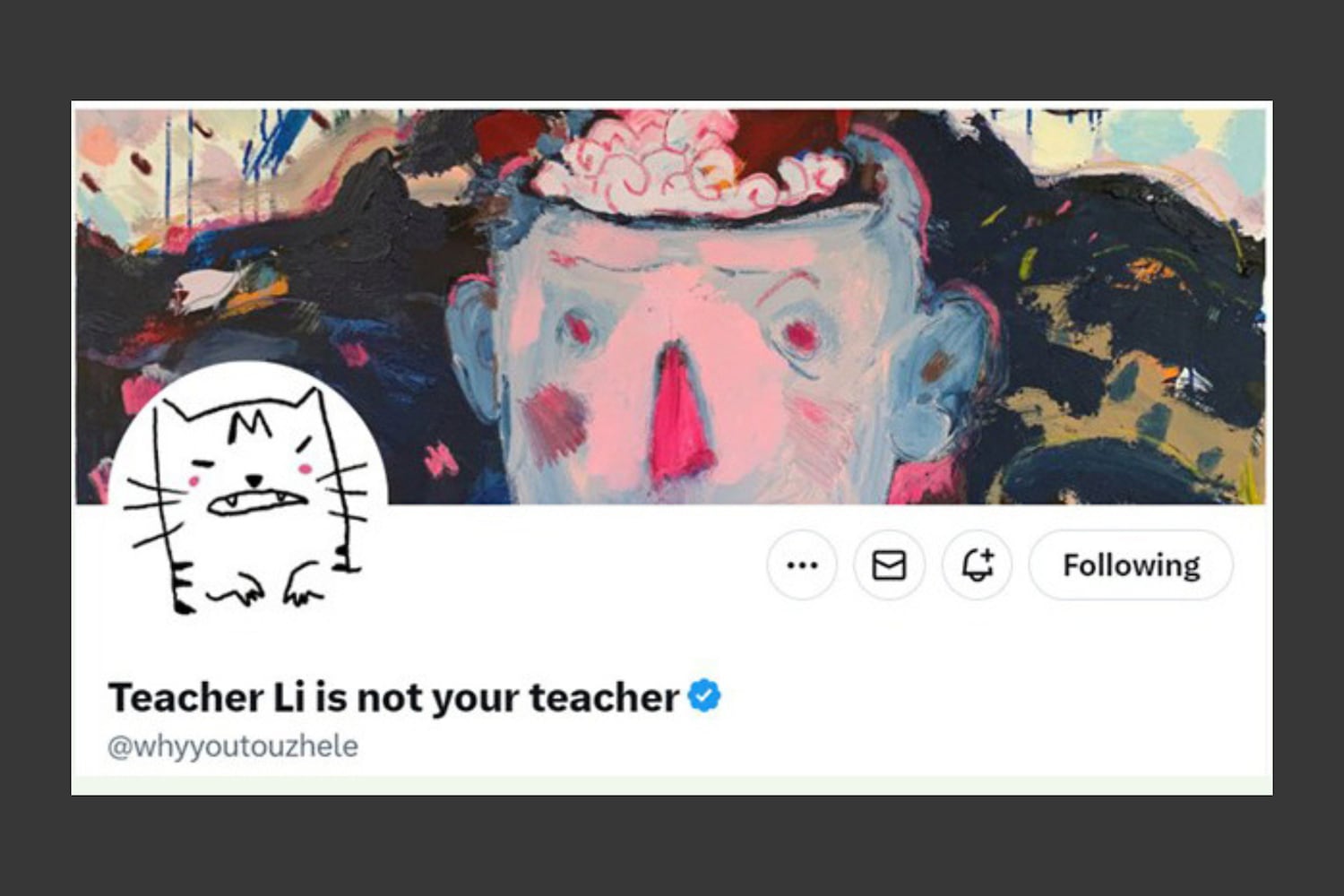China is a modern superpower, as is the US, but a qualitatively different superpower. The US uses military aggression, coups, and sanctions to impose US corporate interests worldwide. China is a peaceful power that respects national sovereignty, mutual development, and non-interference.
Despite opposing imperialism, a tendency in the Western left is to recycle Western anti-China narratives that liken Chinese trade relations to Western imperial conduct, as in Sri Lanka and the Congo. Others have written of Chinese investments in the Occupied West Bank, and even criticize China for lack of aid to Cuba – clearly not issues the Western powers have problems with.
The US empire has at least 750 military bases in 80 countries. China has just one, in Djibouti – part of a UN mission against piracy. The US has continued wars against other countries on a non-stop basis, while China has invaded no country nor started any wars in close to half a century. The US instigated over 25 coups and coup attempts in Latin America just between 2000 and 2020. China has sponsored no coup attempts on any government. The US imposes blockades and “sanctions” warfare on at least 39 nations. China imposes no sanctions on anyone. The US regularly launches drone attacks on the people of other countries. China has launched no drone attacks on anyone. China is no imperial superpower, but a peaceful one.
China is the outstanding example of a Third World country developing into a superpower despite the West’s centuries-long efforts to torpedo its progress. China engages in “win-win” economic relations with other nations. Its loans and investment are carried out based on equality, consensus and joint benefit, unlike the predatory behavior of the IMF and Western lending institutions. China is helping other countries of the Global South break out of the underdevelopment that colonialism and imperialism have imposed on their countries for 500 years.
Third World Leaders Praise China’s World Role
At present, over 150 countries have chosen to participate in China’s economic program called the Belt and Road Initiative. Nicaraguan President Daniel Ortega explained why:
The People’s Republic of China has brought progress, benefits, development to peoples who were colonized, and later became independent, but who were then subjugated under the boot of the interests of the powers that had colonized them, leaving those peoples in poverty, with people in misery, people going hungry, people in illiteracy, with infant mortality, in Africa, in Asia. And the People’s Republic of China has been developing a policy bringing benefits to developing countries, without setting any conditions… The powers that have been colonialists and neocolonialists, like the US, like Europe… have not stopped being colonialists. They still are neocolonialists. They have not stopped being criminals. They still are criminals. They still are killers.
China’s role in helping other countries to develop has been noted by several anti-imperialist leaders. Fidel Castro rejected the notion that China was an imperial power. “China has objectively become the most promising hope and the best example for all Third World countries. I do not hesitate to say that it is already the main engine of the world economy… The role that China has been playing in the United Nations, including the Security Council, is an important element of balance, progress and safeguard of world peace and stability.” Of the Chinese leader he said, “Xi Jinping is one of the strongest and most capable revolutionary leaders I have met in my life.”
Present Cuban President Diaz-Canel also had high praise for Xi Jinping.
Former Venezuelan President Hugo Chavez likewise said, “one of the greatest events of the 20th century was the Chinese Revolution.” Chavez considered that an alliance with China constituted a bulwark against imperialism — a “Great Wall against American hegemonism… China is large but it’s not an empire. China doesn’t trample on anyone, it hasn’t invaded anyone, it doesn’t go around dropping bombs on anyone.”
Bolivian President Arce said: “We have built bridges of trust between the two countries and maintain a very positive bilateral relationship.” Evo Morales, the former president, said Bolivia and China “maintain a relationship characterized by wide-ranging and diverse cooperation and reciprocity.” China “works in a joined-up way with other countries and benefits the peoples of the world; the opposite to what was imposed on us for decades by the US, where predatory, individualistic and competitive capitalism looted our people’s resources for the benefit of transnational corporations.” “China develops, and helps, invests, without any conditions, just to support our development. China is always ready to cooperate unconditionally.”
Venezuelan President Nicolas Maduro declared, “Between China and Venezuela there is a model relationship, a model of what should be the relationship between a superpower like China, the great superpower of the 21st century, and an emerging, heroic, revolutionary and socialist country like Venezuela… China has inaugurated a new era of the emergence of non-colonialist, non-imperialist, non-hegemonic superpowers.”
Former Ecuadoran President Rafael Correa spoke highly of Chinese aid to the Citizens Revolution. China’s assistance is “an example for Latin America and for the rest of the world.”
Burkina Faso revolutionary President Ibrahim Traoré said Chinese aid was a “testament to a mutually beneficial partnership.”
Even President Prabowo Subianto of Indonesia recently said at the ASEAN summit, “China has consistently defended the interests of developing countries. They consistently oppose oppression, oppose imperialism, oppose colonialism, oppose apartheid, The People’s Republic of China defends liberation struggles in countries that are still oppressed by imperialism and colonialism.”
Recent Western Left anti-China Stories
Yet, despite the testimonies of these anti-imperialist Third World leaders, some progressives still highlight West’s anti-China narratives, such as in Sri Lanka and in the Democratic Republic of Congo.
Sri Lanka
The China debt-trap myth arose from Sri Lanka’s port Hambantota, that China lent money to the country to build the port, knowing Sri Lanka could not make it viable. This led Sri Lanka to default on the loans, and Beijing demanded the port as collateral. Chatham House and The Atlantic, both organs of the ruling elite, debunked this. First, the Hambantota Port project was not proposed by China, but by Sri Lanka. Second, Sri Lanka’s debt crisis resulted not from Chinese lending, but from Western loans. Third, there was no debt-for-asset swap. Rather, China leased the port for $1.1 billion, money Sri Lanka then used to pay down debts to the West. Chatham House concludes, “Sri Lanka’s debt trap was thus primarily created as a result of domestic policy decisions and was facilitated by Western lending and monetary policy, and not by the policies of the Chinese government.”
China in Africa
Liberia’s former minister of public works, W Gyude Moore noted that under European colonialism “there has never been a continental-scale infrastructure building program for Africa’s railways, roads, ports, water filtration plants and power stations…China has built more infrastructure in Africa in two decades than the West has in centuries.”
At the most recent Forum on China–Africa Cooperation in 2024, 53 of the 54 African countries chose to attend. China pledged $50 billion over the next three years on top of the $40 billion already invested.
Dee Knight took up the issue of China’s exploitation in the Democratic Republic of Congo propagandized in the book Cobalt Red. He drew on Isabelle Minnon’s report, “Industrial Turn-Around in Congo?” She wrote, “China has responded to the DRC’s need to have partners who invest in industrialization.” The West had bled Congo dry through debts that prevented its development. China brought large-scale investment on a new basis, combining financing for industrial mining and public infrastructure – roads, railroads, dams, health and education facilities.
Minion stated the result: “After decades of almost non-existent industrial production, the country became and remains the world’s leading producer of cobalt and, by 2023, became the world’s third largest producer of copper.” This “puts an end to the monopoly of certain Western countries and their large companies,” which just plundered the Congo. Furthermore, China cancelled $28 million in interest-free loans, and gave $17 million in support to the DRC.
During the Covid pandemic, China announced that it also forgave 23 interest-free loans for 17 African nations. This is in addition to China’s cancellation of more than $3.4 billion in debt and restructured $15 billion of debt in Africa between 2000 and 2019.
Chinese investments in Israel
Chinese trades with Israel, as with all other countries, to establish mutually beneficial economic relations, to counter the US goal of turning countries against China. China’s trade with Israel is qualitatively different from that of the US, Britain, France, Germany and others since China does not export weaponry to Israel used to slaughter Palestinians and peoples in surrounding countries.
Some have written of Chinese business involvement in the occupied West Bank. The report of the United Nations Special Rapporteur on the Occupied Palestinian Territories Francesca Albanese (which brought US sanctions on her) substantiates one such instance. China’s role contradicts its vote in favor of the 2024 UN General Assembly resolution calling for no trade or investments with Israeli operations in the occupied territories.
Yet China worked hard to unite the divided Palestinian resistance with the recent Beijing Declaration. China has continually denounced the US and Israel in Gaza, upholds the Palestinian right to resist occupation, and has never condemned the October 7, 2023 Hamas breakout attack. China is also a participant in the present The Hague Group calling for “concrete measures” against Israel.
China and Cuba
Some Western leftists have criticized China for lack of support for Cuba, suffering under a now worsening US blockade. However, China is working to build 55 solar installation complexes there this year, covering Cuba’s daytime shortfall, and another 37 by 2028, for a total of 2,000 megawatts. This aid would meet nearly two-thirds of Cuba’s present-day demand. China has long been a partner of Cuba in terms of trade and investment, participating in the Mariel Special Development Zone, and in projects in the production of medicines, biotechnology and agriculture.
China, A Superpower that Supports Third World Development
It is a contradiction that many on the Western left are not supportive of China, given that the US rulers have long called China the primacy threat to imperialist domination.
Recognizing the US’s continued economic and military power, if not superiority, China seeks to avoid a major destructive direct confrontation. China counters the US and Western isolation strategy by fostering a world based on cooperation with all countries, even with the US and its close allies. It focuses on obtaining essential resources for its industry and for economic self-sufficiency to fortify itself in self-defense against the US strategy to isolate it economically and politically, and on meeting countries’ desire for its cheaper goods and investments. As the Third World leaders above say, most of China’s foreign loans are not capitalist investments, but government funds that have been used to free countries from the grip of imperialism.
That has made it impossible for the West to isolate China. In Africa, Asia and Latin America, Chinese investments in schools, roads, railroads, and other needed infrastructure are generally seen as a welcome change from the neglect and underdevelopment imposed by the imperial First World.
Consequently, every year China becomes more and more a world power in relation to the imperialist countries.
China’s significance for the world lies in being a singular example of a Third World country developing despite the West’s goal to thwart its rise. This is a model for other Third World countries that seek to assert their independence of the West and make their own path.
In this process, China, which just 75 years ago, had an illiteracy rate of 80%, has just ended poverty for 800 million people, which no capitalist group of countries ever accomplished. China has achieved the fastest growth in living standards of any country in the world. It achieved this without invading, massacring, colonizing and looting other countries, but peacefully, without threatening any other people, and in cooperation with them.
As Daniel Ortega said:
The self-same ideologues of imperialism state that what worries them is that they see the People’s Republic of China bringing benefits to these Peoples and they feel that there they are losing the power to keep these peoples enslaved…They are upset, outraged, because the People’s Republic of China is making available billions in Africa, in Asia, in Latin America. These are investments for the development of our peoples. They see that as bad for themselves, but why can’t they do the same? Why have they never brought investment with the same conditions that the People’s Republic of China is making available?
The West, with the US at its head, seeks to maintain so-called “Western civilization,” the rule of the white colonizer over the rest of the world. It regards China and Russia as the two major threats to its continued domination and seeks to disable both. China and Russia are drawn into a struggle, where their continued growth, if not existence, is at stake. The more they can neutralize the West’s goal, the more this is a victory for all the oppressed people of the world.
The post
Revolutionary Third World Leaders Praise China’s World Role first appeared on
Dissident Voice.
This post was originally published on Dissident Voice.


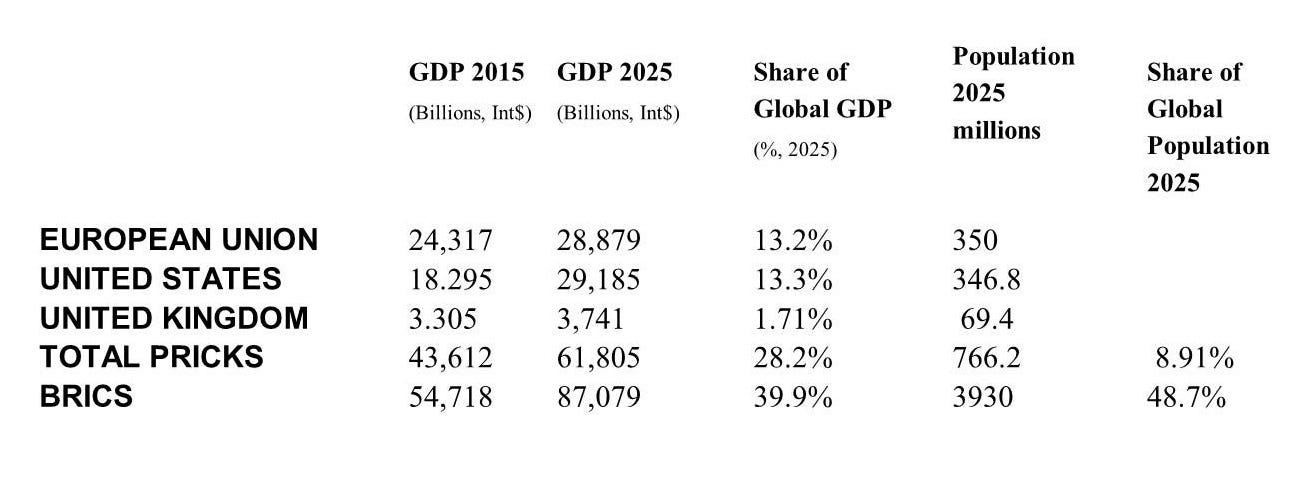
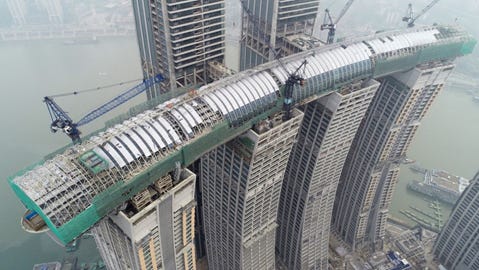 Dubbed an engineering marvel, the highly anticipated Raffles City Chongqing project is nearly complete. CapitaLand Group
Dubbed an engineering marvel, the highly anticipated Raffles City Chongqing project is nearly complete. CapitaLand Group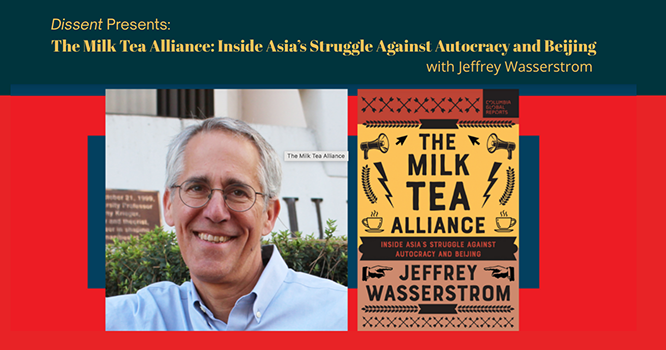
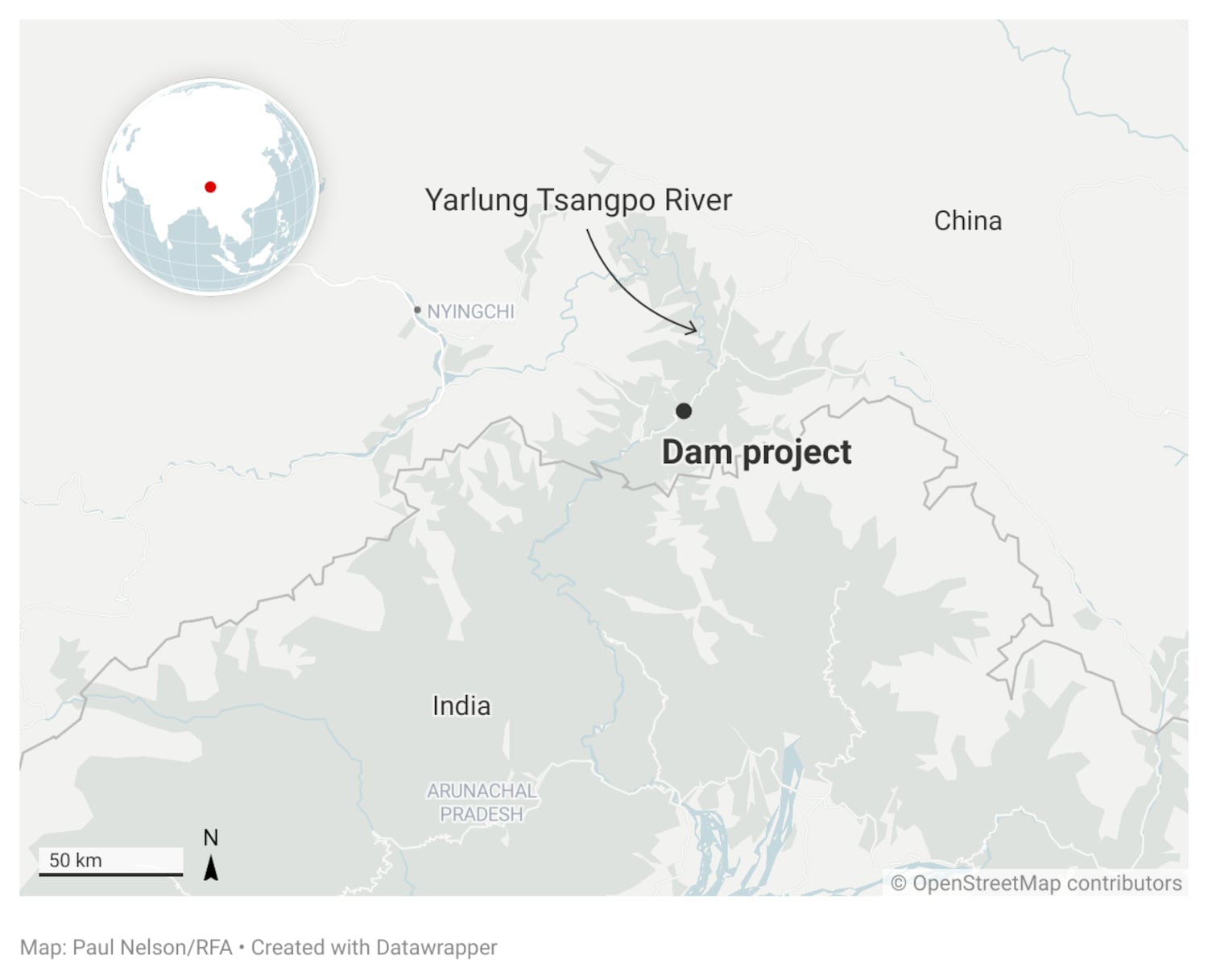 (Paul Nelson/RFA)
(Paul Nelson/RFA)

